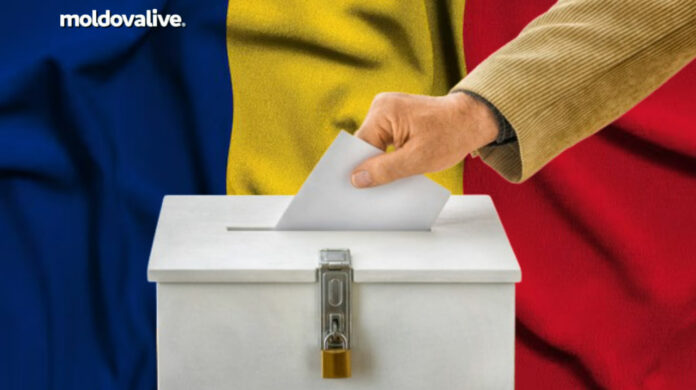Romanians have significantly shifted their political preferences, either to punish traditional parties or due to external manipulation. Political analyst Nicolae Negru and Victor Juc, Director of the Institute for Legal, Political, and Sociological Research at USM, shared these insights during the December 2 edition of Consens Național on Rlive TV.
Nicolae Negru highlighted that Romanian citizens in the Republic of Moldova are more resistant to Russian propaganda and can identify it more easily than Romanians across the Prut River. He noted that Moldovan voters tend to reject parties suspected of pro-Russian sympathies.
“Even though AUR advocates for the unification of Romanians everywhere, the party received a modest share of votes in Moldova because rumors suggest its leader has suspicious ties to intelligence services, though this remains unproven. Similarly, SOS garnered little support due to its admiration for Putin and references to Russian ‘wisdom,’ even as Moscow wages war on Ukraine. Russian disinformation promotes claims that the U.S. military-industrial complex is driving the war as nothing more than propaganda phrases,” Negru stated.
FOR THE MOST IMPORTANT NEWS, FOLLOW US ON TWITTER!
Victor Juc argued that many Romanians sought to punish traditional parties and vote for a largely unknown candidate. It reflected a lack of vigilance despite Russia’s growing regional challenges.
“Moldova largely withstood hybrid attacks by staying prepared. In contrast, Romania has drifted into complacency, believing everything is fine and that no threats exist, which led to a loss of vigilance. Only in Moldova, the U.S., and Canada did Romanian voters display pragmatism and rationality. Meanwhile, we must acknowledge that Romania, as part of European society, also includes coalitions with populist parties,” Juc explained.
During Romania’s parliamentary elections, so-called sovereigntist parties promoting nationalist and isolationist ideas secured one-third of the vote. Additionally, a presidential candidate initially considered a long shot won the most votes in the first round of elections for head of state. Investigative reports and government analyses reveal a surge in foreign agent activity on social media and other platforms in the final weeks of the electoral campaign.


